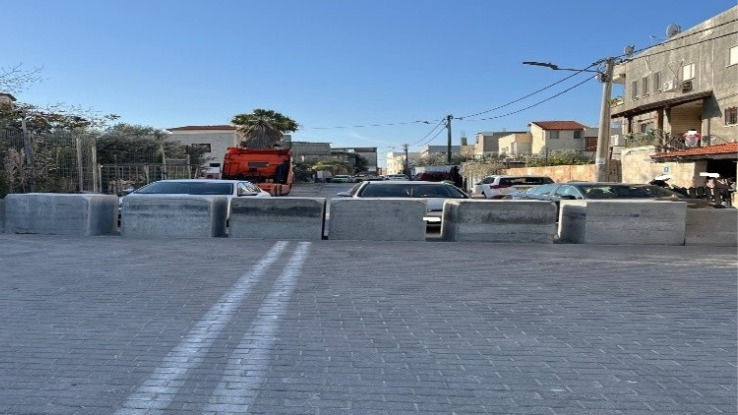Halting the Destruction of Homes and Agricultural Crops in the Negev
- ACRI
- Mar 4, 2021
- 2 min read

On 2.3.2021, we appealed to the Ministries of Justice and Finance along with the Negev Coexistence Forum for Civil Equality, demanding a halt to the destruction of homes in the Negev and damage to the agricultural crops of Bedouin residents in the Negev during COVID-19. In response to our similar requests during the first and second waves of the pandemic, the State promised to adjust the enforcement policy of planning and construction to the ongoing state of emergency, and to minimize the enforcement and demolitions. However, the data shows that the policies of home demolitions were not only not halted, but, in fact, they were intensified: in 2020, 2,586 structures were destroyed in both recognized and unrecognized Bedouin villages in the Negev—a 13% rise in the rate of demolitions compared to 2019. The year of 2020 was considered a record year in terms of demolition of homes and structures relative to previous years. Recently, the State has also undertaken plowing operations on fields used by Bedouins for agriculture.
In the appeal, Attorney Abir Joubran Dakwar from ACRI and Haia Noach, CEO of the Negev Coexistence Forum for Civil Equality, note that the demolition of homes and plowing of fields and agricultural crops are happening in full force while the economy is still under limitations and thousands of students and residents are still home due to the pandemic. The organizations are demanding the immediate halt of all demolitions, enforcement and fines, and the damaging of the agricultural crops of Bedouin residents in the Negev.
“Adjusting the demolition policies due to the circumstances of COVID-19 is both a legal and ethical obligation,” said the appeal. “An adjusted policy takes into account the tremendous impact of the demolition of homes on the fundamental, protected rights of residents, who are left homeless and without a roof over their head under extraordinary circumstances of emergency and financial hardship, during a time when the home of a person is currently their only shelter and place of refuge. Demolitions during this time put the population at risk and are unaligned with the guidelines for the public and the need to allow people to lead their lives as normally as possible.”








